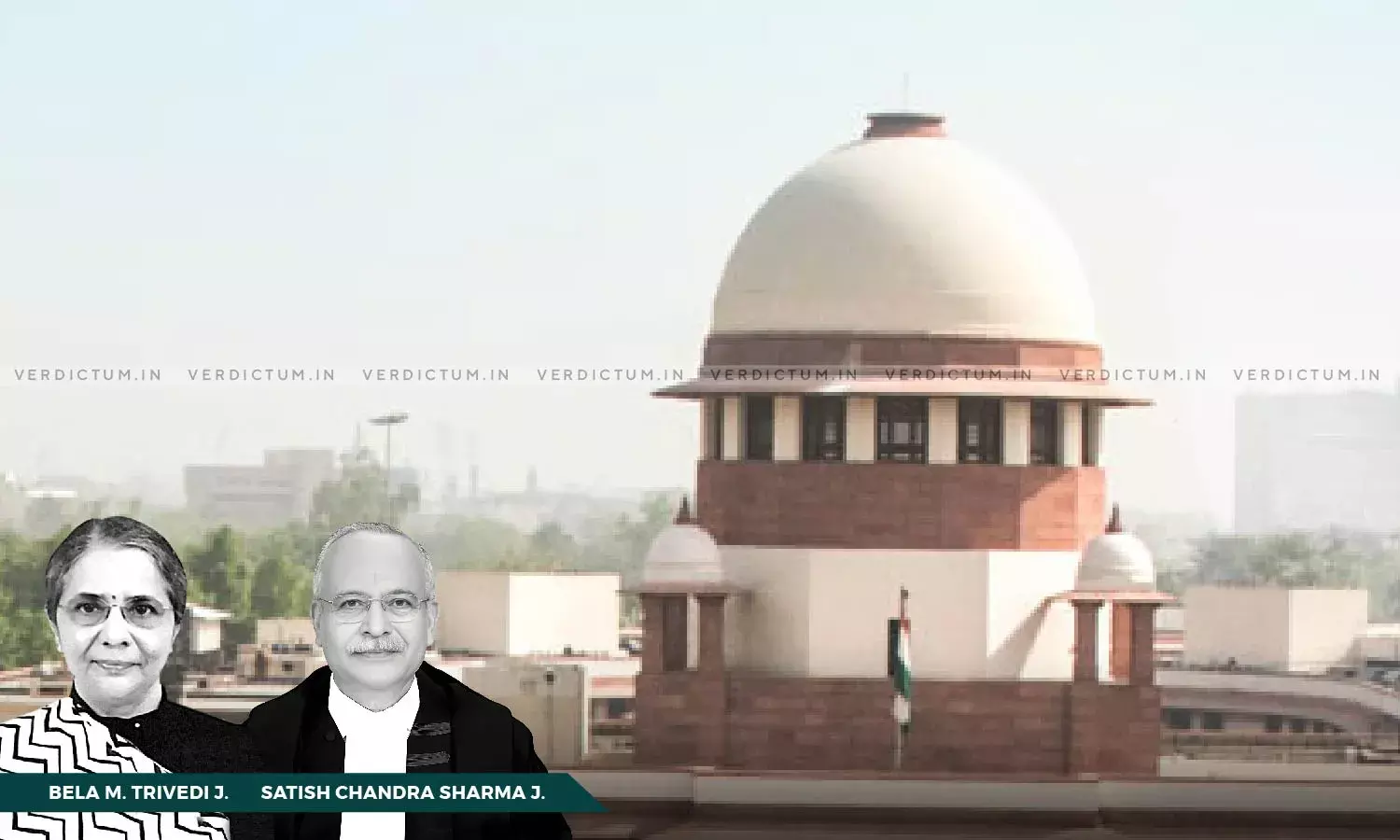Appellate Court Cannot Create Any New Case For Either Of The Parties; Should Decide Issues Involved In Suit Based On Their Pleadings: Supreme Court
The Supreme Court held that the Appellate Court can not create a new case for any of the party and is supposed to decide the issues involved in the suit based on the pleadings of the parties.
The Court was hearing an Appeal against the Judgment and Decree passed by the High Court where it had allowed the appeal preferred by the respondents – defendants, holding that the appellants – plaintiffs were not entitled to get the recovery of khas possession of the suit land by evicting the respondents – defendants.
The bench of Justice Bela M. Trivedi and Justice Satish Chandra Sharma observed, “the Appellate Court can not create a new case for the party, frame the issues and decide the issues without following the procedure contemplated under Order XLI of CPC.”
Advocate Kavya Jhawar appeared for the Appellant and Advocate Azim H. Laskar appeared for the Respondent.
Brief Facts-
The Appellants-plaintiffs filed a Title Suit seeking a declaration of their right, title, and interest over the disputed land, eviction of the respondents, and a permanent injunction. The trial Court ruled in favour of the Appellants. Later the appeal of the respondents was also dismissed. However, in a second appeal, the High Court overturned the judgments of the lower Courts, noting that the appellants must succeed based on the strength of their own case and not because of the failure of the respondents to prove adverse possession. The High Court also found that the lower courts had erred by not considering the Assam (Temporary Settled Areas) Tenancy Act, 1971.
The Court noted that as per Order XLI Rule 25, the appellate court may, if necessary, frame issues and refer the same for trial to the Court whose decree is appealed from and direct such Court to take additional evidence required.
The Court further noted that as per Rule-27 Order XLI, the Appellate Court may allow evidence or documents to be produced or witness examined, in the circumstances stated there, after recording the reasons for such admission of evidence.
The Court observed, “the Court cannot create any new case at the appellate stage for either of the parties, and the appellate court is supposed to decide the issues involved in the suit based on the pleadings of the parties.”
Accordingly, the Court set aside the impugned judgment and decree passed by the High Court in the Second Appeal and remanded the same to the High Court for deciding the same afresh and in accordance with the law.
Finally, the Court allowed the Appeal.












